A butchery firm in Inverurie has called on the new Prime Minister Liz Truss to stand “shoulder to shoulder” with business as it faces a “catastrophe” due to rising costs.
Donald Russell chief executive Ken Clow warned costs for the food industry are “spiralling dangerously out of control” – and set to get worse it faces further energy price rises.
The firm revealed its annual electricity and food packaging bills will rise to over £1.5million per year.
The butchery firm is being hit by a double whammy of higher costs, including the dry ice it needs to ship its produce around the UK and Europe which has become 900% more expensive overnight.
Meanwhile it said packaging will cost the firm over £1m more compared to last year.
Dry ice is made using carbon dioxide (CO2) which is facing a major shortage in the UK as producers have been forced to shut their factories.
CO2 is used in the food production industry, within packaging to extend shelf-life, and in refrigeration. It is used for pig and poultry production, as well as in brewing and making carbonated drinks.
CO2 shortage risk to food security
The CO2 shortage recently prompted “chicken king” Ranjit Singh Boparan – who runs the UK’s biggest chicken processor 2 Sisters Food Group – to warn food security is “under threat” after a key food industry CO2 supplier threatened to increase prices up to 20 times current levels.
Mr Clow urged government to “stand shoulder-to-shoulder with business” in its hour of need, adding: “Costs are spiralling dangerously out of control and things are only going to get worse.
“In the past week, we have been told that our bill for dry ice, which is derived from C02, will rise to £100,000 per week, a rise of 900%.
“And with the continuing instability and volatility within the energy markets, we are facing further significant uplifts in electricity and gas costs to the business from October onwards.
“This situation has rapidly become critical and tangible action is needed now to avert a catastrophe for food businesses.”
Aberdeen & Grampian Chamber of Commerce said the new Prime Minister must roll-out a support package on a similar scale to that produced during the Covid pandemic to ease the “extraordinary” crisis facing businesses.
The group has written to Downing Street requesting urgent action to stop rising costs and rocketing energy bills from placing intolerable pressure on the region’s businesses.
Business call for ‘Covid-style support’ package
AGCC and other business organisations across the UK have requested support, including emergency grants, to be rolled out at pace.
Russell Borthwick, chief executive at AGCC, said: “This is a crisis on a similar scale to the Covid19 pandemic – and we believe the response from government needs to at least match what happened in the summer of 2020 – and may need to go further.
“This situation has been getting worse day-by-day and the new Prime Minister needs to make up for lost time this week by announcing immediate action and aid.
“The alternative is perfectly viable businesses going to the wall, which will further fuel the economic crisis we see escalating day-by-day.”
The chamber network has also been urging government to temporarily reverse national insurance contributions (NICs) and put money back into the pockets of businesses and workers.
It has also requested immediate review and reform the shortage occupation list (SOL) to help bring down wage pressures and fill staffing vacancies.
Scottish Government “don’t add further burdens”
Meanwhile, the Federation of Small Businesses (FSB) in Scotland has called on the Scottish Government to use underspend from Covid grants to provide discretionary funding to local authorities and rebates through the business rates system.
The FSB has written to Deputy First Minister John Swinney ahead of the announcement of its Programme for Government on warnings it believes one in six Scottish businesses are considering “shrinking, shutting or selling in the next 12 months”.
FSB’s policy chair for Scotland Andrew McRae said: “This is a complex crisis which will have complex solutions – many of which are not in the gift of the Scottish Government.
“We want this Programme for Government to deliver a series of measures to make sure that businesses don’t face further burdens in these already troubling times.
“At a minimum, Government must assess all upcoming plans to ensure that they don’t add undue cost or challenges to small business.”
Mr Clow has warned that corporate tax relief and VAT reductions mooted during the recent Conservative leadership campaign will not go far enough ease the current situation.
He added: “Right now, the biggest assistance would be through subsidised electricity and gas cost at unit (kWh) rates.
“This would bring instant benefits to many businesses and would make a real difference to us surviving the storm.”


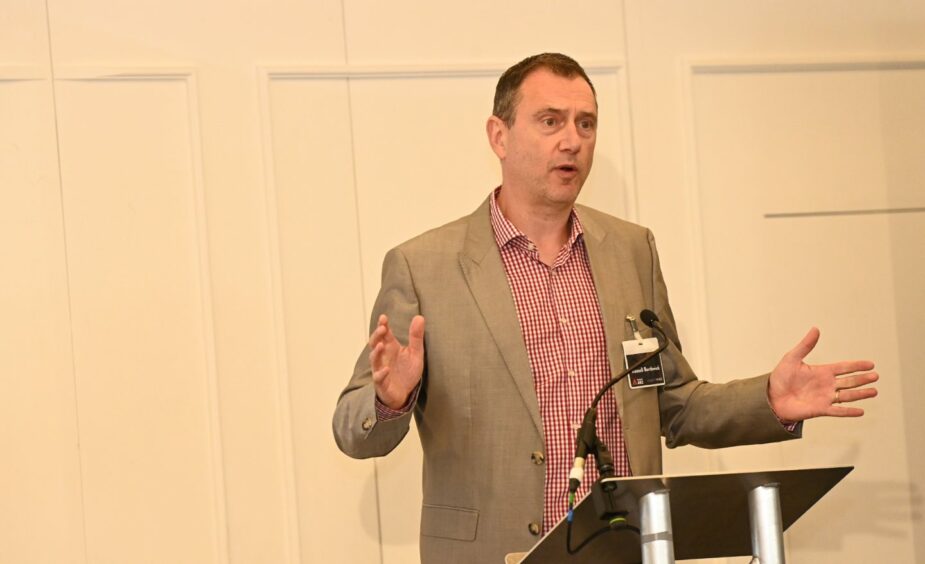
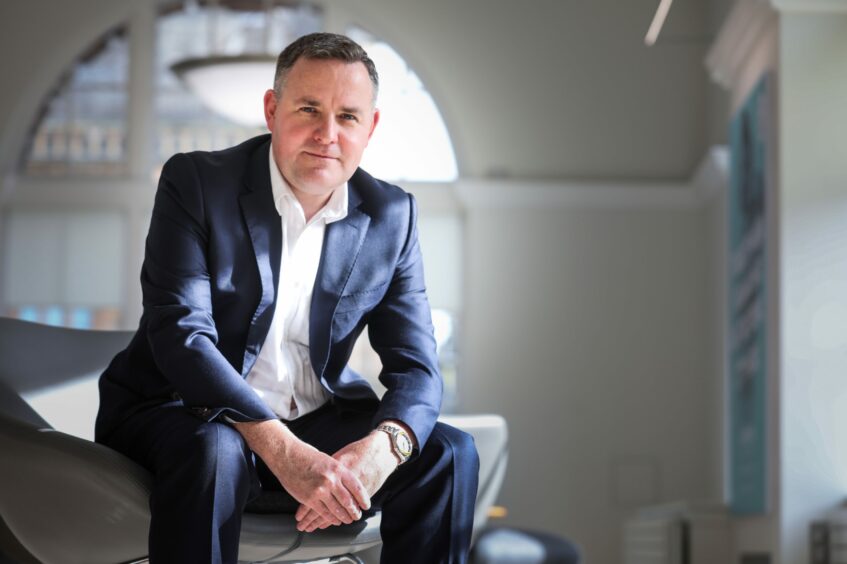
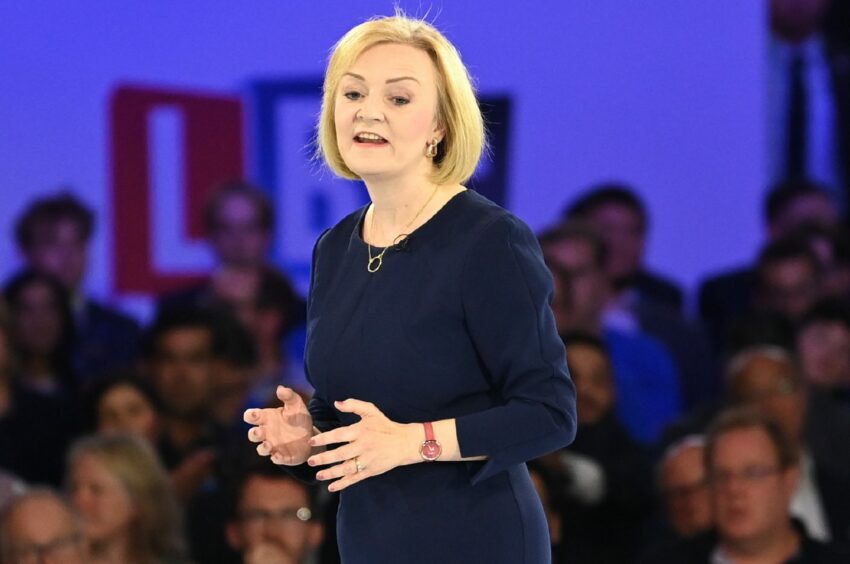
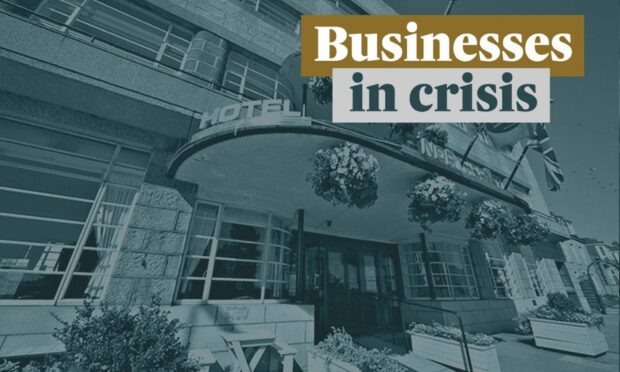

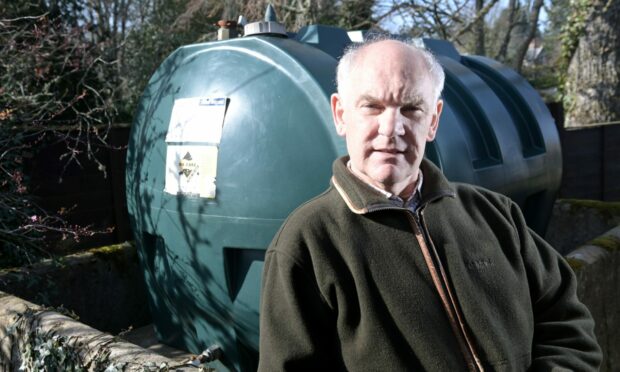
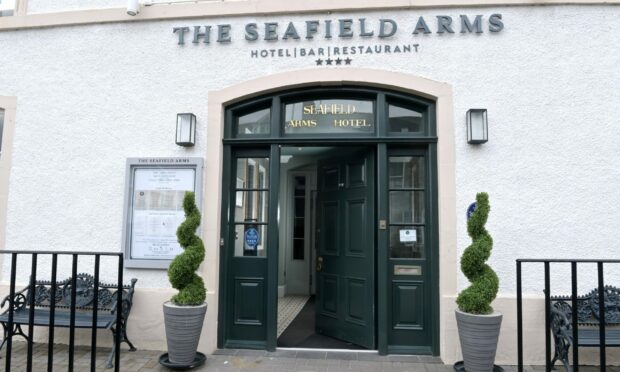
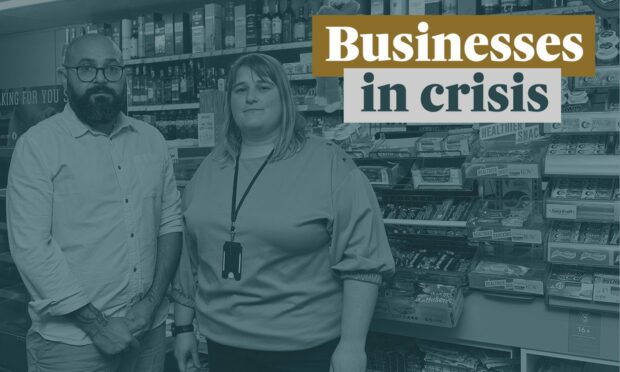
Conversation